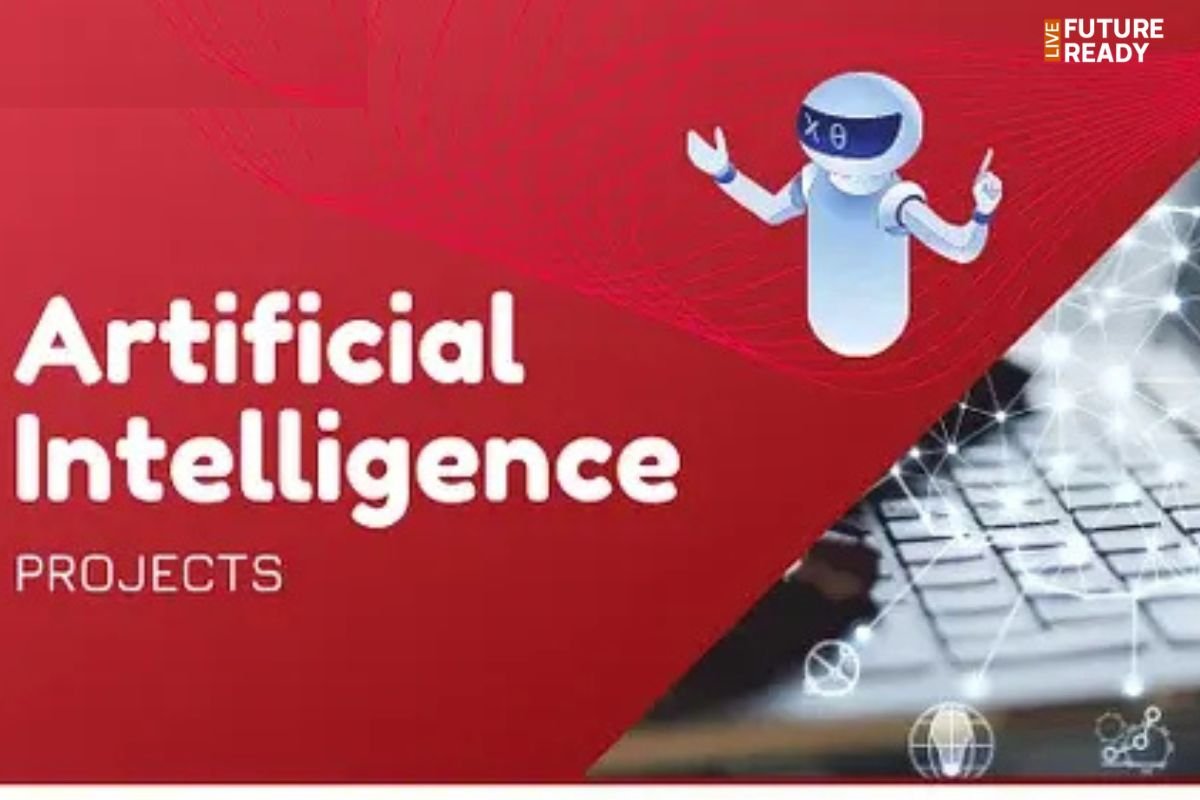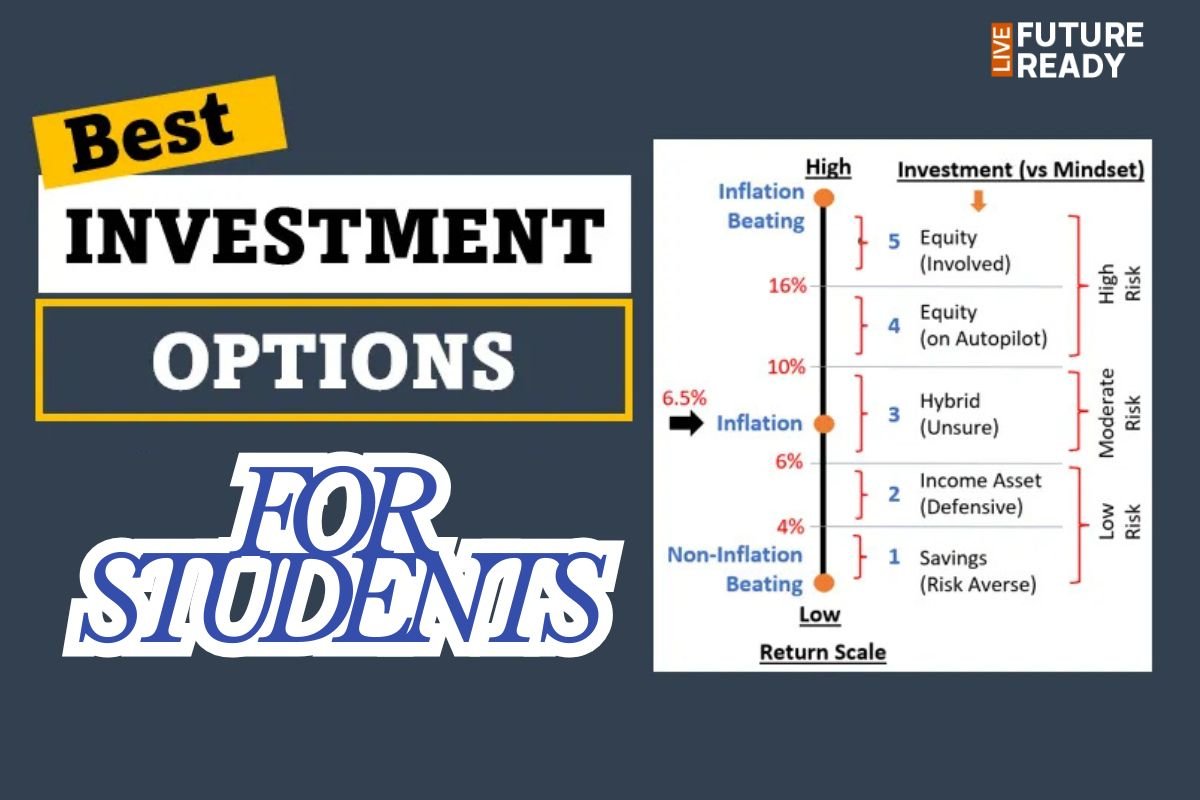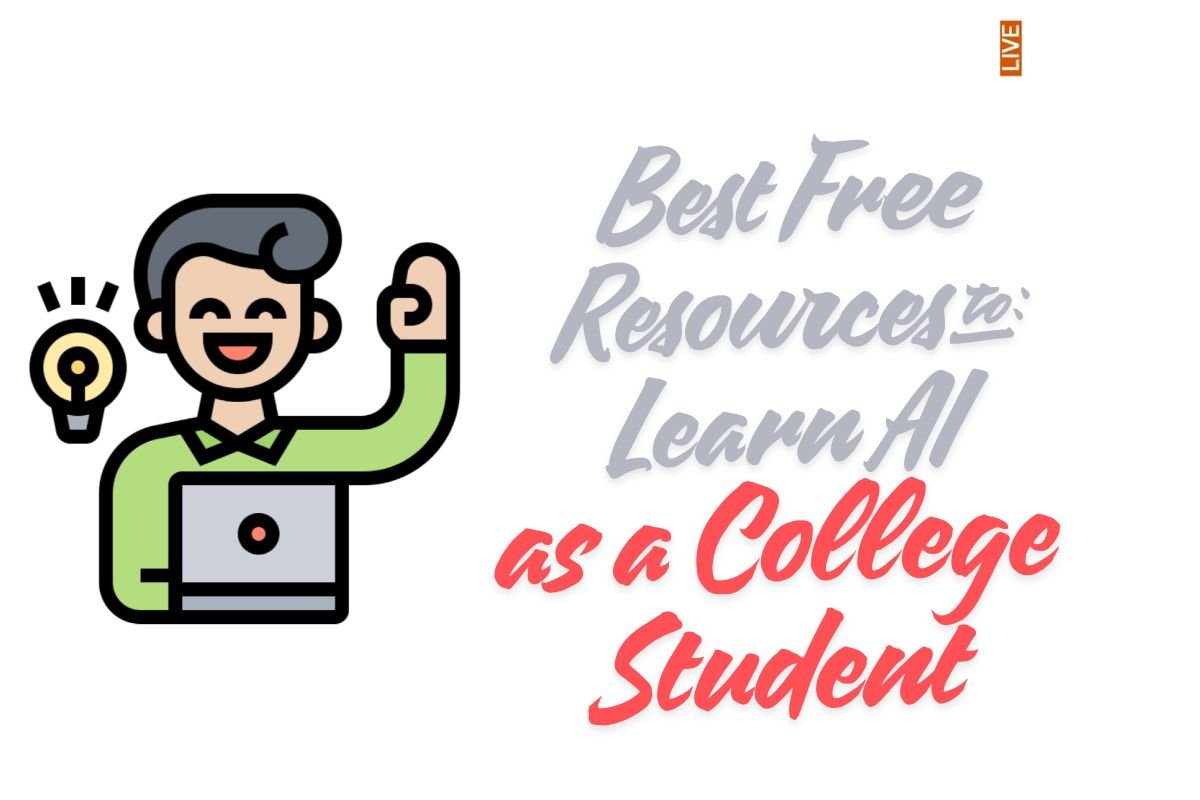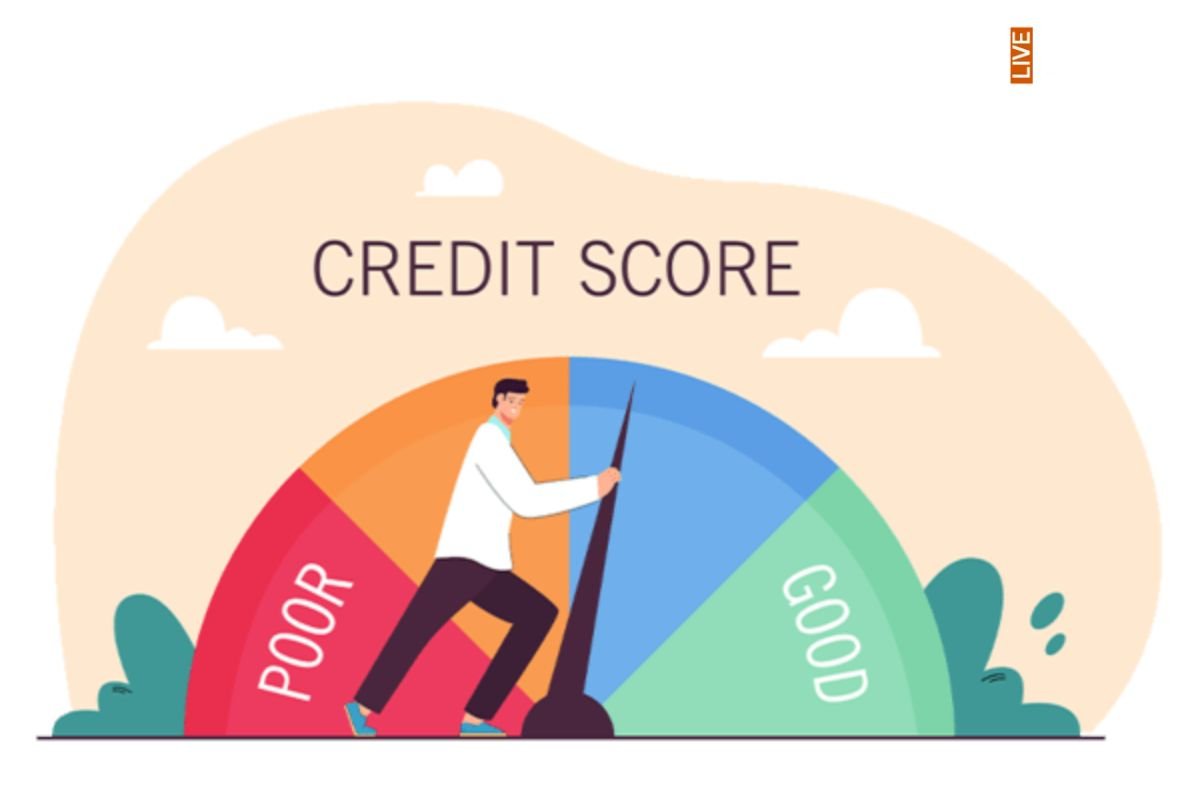Burning the midnight oil with a bag of chips or a chocolate bar might feel like a boost—but it’s silently sabotaging your brain, body, and grades. While late-night study sessions are common for students, the habit of eating at night, particularly unhealthy snacks during those hours, is one of the worst things you can do for your performance and health. Let’s break down exactly why night-time eating and late-night study snacks are your enemy—and what smarter alternatives you can choose to stay sharp without wrecking your health.
1. Late-Night Snacking Hurts Your Brain Performance
You might think munching on chips or sweets helps you stay awake. But in reality:
-
Sugary and salty snacks spike your blood sugar, giving a quick high followed by a sudden crash—leading to fatigue, brain fog, and poor memory retention.
-
Your brain’s ability to concentrate dips significantly when it’s processing junk food instead of study material.
-
The prefrontal cortex, responsible for decision-making and self-control, is particularly affected by poor food choices and sleep loss.
This makes your late-night effort less productive than you think, impacting your ability to make sound decisions about your study habits and food intake.
2. It Disrupts Your Sleep Quality
Eating and sleeping are intricately connected. Night-time eating, especially junk food, keeps your digestive system working overtime, even when your body wants to wind down.
-
Leads to sleep disturbances or insomnia
-
Reduces REM sleep, which is crucial for memory consolidation
-
Increases chances of waking up tired and irritable
-
Contributes to overall sleep deprivation, affecting cognitive function
Poor sleep = poor academic performance the next day. Chronic sleep loss can lead to a range of health issues and negatively impact your ability to learn and retain information.
3. It Adds to Unhealthy Weight Gain
Late-night snacking is a big contributor to unwanted weight gain, especially when paired with inactivity while studying.
-
The body stores more fat at night due to slower metabolism
-
Mindless eating = more calorie intake than you need
-
Over time, this can lead to obesity risk, type 2 diabetes, and metabolic syndrome
-
Disrupts insulin sensitivity and glucose metabolism
Even if you’re young now, these dietary habits build long-term health risks and can affect your body composition and weight management efforts.
4. It Increases Stress, Not Reduces It
While snacking may feel like comfort, it often amplifies stress later:
-
Processed food increases inflammation in the brain
-
Your mood, focus, and emotional balance take a hit
-
Leads to a guilt cycle: “I shouldn’t have eaten that,” followed by more anxiety
-
Disrupts hormonal regulation, including stress hormones like cortisol
So your brain ends up more stressed, not relaxed, affecting your overall health outcomes and study efficiency.
5. It Becomes a Hard Habit to Break
The more often you reach for a snack during late-night study, the more your brain expects it every time you sit to work.
-
This creates a loop of cravings, dependency, and poor discipline
-
Even when you’re not hungry, you’ll want to munch just to “feel” productive
-
Affects appetite control and hunger signals
-
Challenges your impulse control, making it harder to resist high-calorie foods
Bad study snacks can become worse than social media distractions, impacting your eating behaviors and energy balance.
What You Can Do Instead
Let’s not leave you snackless—here’s how you can be smarter:
1. Eat a Balanced Dinner
-
Ensure you eat a wholesome meal before starting your study session.
-
Include complex carbs, lean protein, and healthy fats to keep you full longer.
-
Focus on proper meal timing to support your body’s natural metabolic reset.
2. Choose Brain-Friendly Snacks (Only If You Must)
-
Almonds or walnuts (boost memory)
-
Fruit slices like apple or banana (slow energy release)
-
Dark chocolate (small amounts) for a natural stimulant
-
Opt for low fat intake options to support weight management
3. Sip Herbal Tea or Warm Water
-
Avoid sugary sodas and energy drinks
-
Herbal teas like chamomile or green tea can help you stay calm and focused
-
Supports better blood sugar control and hydration
4. Study Earlier in the Day
-
Try switching your intense study sessions to the morning or early evening
-
Your brain retains information better, and your body stays in rhythm
-
Aligns with your natural circadian rhythms and energy regulation
Bonus Tip: Use Pomodoro, Not Popcorn
Instead of rewarding yourself with food, try the Pomodoro Technique:
-
25 minutes focused study
-
5-minute breaks (stretch, walk, breathe)
-
After 4 rounds, take a longer break
This builds focus and consistency—without the snack trap, supporting better appetite regulation and energy intake control.
Remember: You’re Not a Machine
You don’t need to stay up all night and destroy your health to succeed.
Smart studying > long studying Nutritious fuel > quick fixes Sleep hygiene > mindless snacking
Prioritizing sleep duration and quality can significantly improve your learning capacity and overall health.
Final Takeaway
Late-night study snacks might seem harmless, even helpful—but they’re actually your worst enemy when it comes to focus, memory, energy, sleep, and health. Instead, fuel your study sessions with smarter choices and better habits. Your brain (and body) will thank you. By understanding the complex relationship between eating behaviors, sleep, and cognitive function, you can make informed decisions that support your academic goals and long-term health.




















